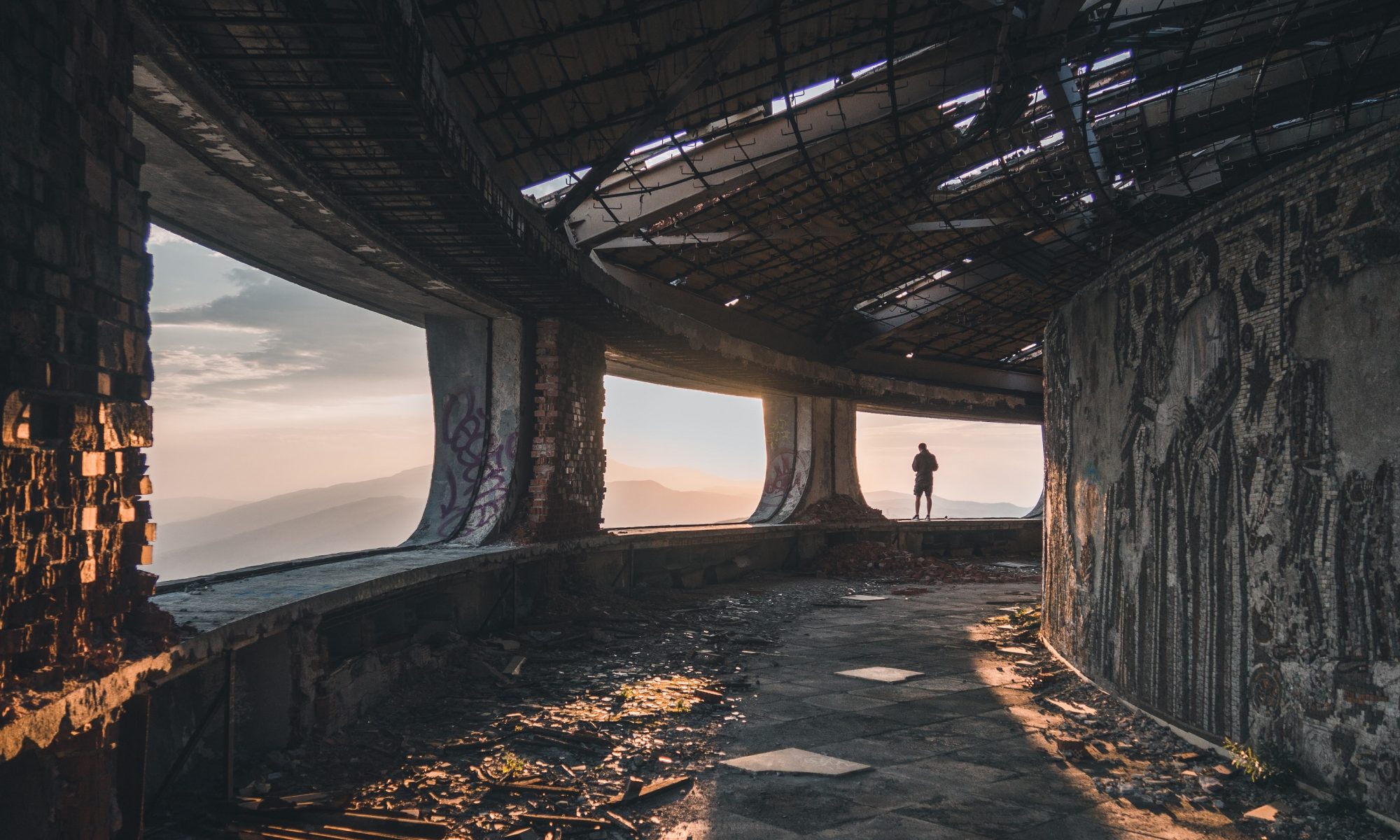Unless you’ve somehow come into a lot of money, or started writing when you were a student or on a career break, there’s no way around the first challenge of writing: everybody starts part-time.
And that leads rather neatly onto the second challenge of writing – and no, I’m not taking about ‘having an idea’: writing is hard.
I’m lucky enough to have a full-time job that’s reasonably well-paid, and have few other commitments; my partner also works, and the cat doesn’t require a lot. But still, coming home from the daily grind on London transport, and motivating myself to write a few hundred words … well, sometimes it’s tough.
Admittedly, sometimes it’s also joyous. I love my characters and my settings. Spending time with them, developing them can be a fantastic escape from regular life in the same way as reading or watching a good film / tv series can be, and sometimes I’ll get a second wind and just get sucked into creating. Once, when I was on the train from London to Edinburgh, I wrote just shy of six thousand words in a feverish haze, sadly missing most of the spectacular scenery.
But sometimes I’ll have to make a note that a particular chapter will DEFINITELY need more attention. I’ve got a small notepad file in the same folder as most of my WIPs with review notes. Those files tend to have sequel ideas in them, as well as points to come back to, but there’s a note in my file for Small Places that simply reads “I was in a weird place when I wrote chapter five – it might read a little flat”. I think I wrote most of it when I’d had a particularly hard day in the office!
So I wanted to just spend a moment congratulating all writers / authors for their WIPs and works, because it’s not easy. In fact, it’s spectacularly hard – to not only push your thoughts and ideas into a coherent creation with realistic, lovable (or detestable!) characters, but to do it when you’ve worked an eight (or more) hour day, when you’ve cooked dinner for your loved ones, when you’ve loaded the dishwasher, cleaned up, fed the cat (or your children) and you’d like nothing more than to slump in front of the TV and put on The Witcher.
But you don’t. You write. And on behalf of all readers, I’d like to thank you for that.
